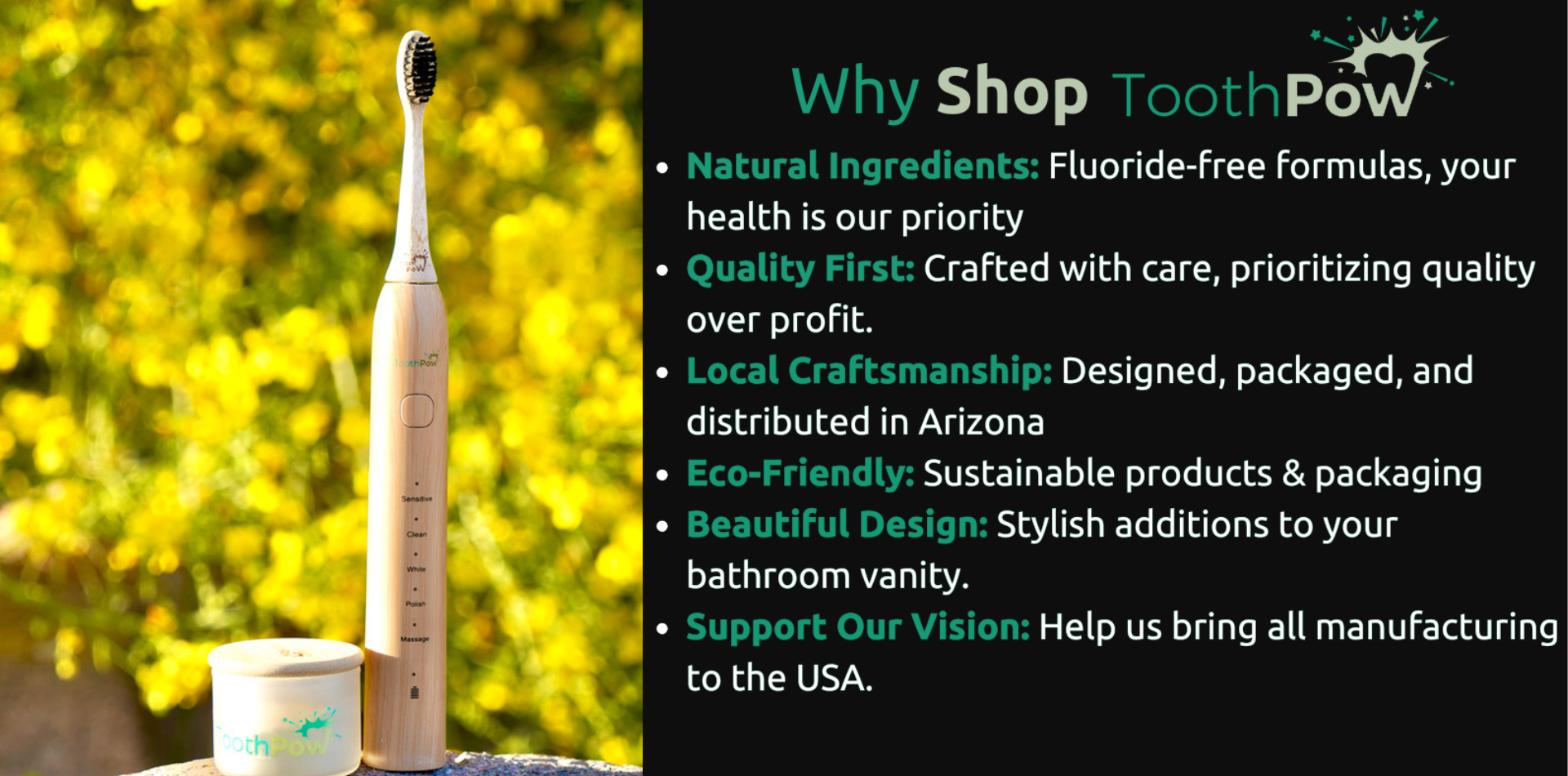Introduction
Hormonal changes are a natural part of life and occur during various stages such as puberty, menstruation, pregnancy, and menopause. While these changes can affect many aspects of your health, they also have a significant impact on your oral health. Understanding how hormones influence your teeth and gums can help you take better care of your smile. This article explores how hormonal fluctuations affect dental health and provides practical tips for managing these changes.
Hormonal Changes and Their Impact on Oral Health
Hormones play a crucial role in regulating various bodily functions, including those in your mouth. Here are the key life stages where hormonal changes can impact your oral health:
Puberty
During puberty, adolescents experience a surge in hormones such as estrogen and testosterone. These hormonal changes can increase blood flow to the gums, making them more sensitive and prone to swelling and bleeding.
Menstrual Cycle
The hormonal fluctuations that occur throughout the menstrual cycle can affect your oral health. Some women may notice swollen or bleeding gums, canker sores, or increased sensitivity to dental plaque just before their period.
Pregnancy
Pregnancy brings significant hormonal changes, particularly an increase in progesterone and estrogen. These hormones can increase the risk of pregnancy gingivitis, a condition characterized by swollen, bleeding gums. Pregnant women are also more susceptible to periodontitis, a severe form of gum disease.
Menopause
During menopause, the decrease in estrogen levels can lead to several oral health issues. Women may experience dry mouth, burning sensations in the mouth, and an increased risk of gum disease and bone loss around the teeth.
How Hormones Affect Oral Tissues
Hormonal fluctuations can influence oral tissues in various ways:
Increased Blood Flow and Gum Sensitivity
Hormonal changes can increase blood flow to the gums, making them more sensitive and prone to inflammation and bleeding. This can result in conditions like gingivitis and make existing dental issues more noticeable.
Changes in Saliva Production
Hormones also affect saliva production. For instance, decreased estrogen levels during menopause can lead to dry mouth, which increases the risk of cavities and gum disease. Saliva is essential for neutralizing acids and washing away food particles and bacteria.
Altered Immune Response
Hormonal fluctuations can alter the immune response, making it easier for bacteria to cause infections in the gums. This can exacerbate conditions like gingivitis and periodontitis, especially during pregnancy and menopause.
Common Oral Health Issues Linked to Hormonal Changes
Gingivitis and Gum Disease
Hormonal changes can make gums more sensitive and susceptible to inflammation. Gingivitis, characterized by swollen, bleeding gums, is common during puberty, menstruation, pregnancy, and menopause. If left untreated, gingivitis can progress to periodontitis, a more severe form of gum disease that can lead to tooth loss.
Dry Mouth and Bad Breath
Dry mouth, or xerostomia, is a common issue during menopause due to decreased estrogen levels. Reduced saliva production can lead to bad breath, difficulty swallowing, and an increased risk of cavities and gum disease.
Increased Risk of Cavities
Hormonal changes can affect the composition and flow of saliva, reducing its ability to neutralize acids and wash away food particles. This increases the risk of cavities, especially during pregnancy and menopause.
For more detailed information on how to manage these issues, visit ToothPow’s oral health tips.
Oral Health During Puberty
Hormonal Fluctuations in Adolescents
During puberty, the surge in hormones can lead to swollen, sensitive gums and an increased risk of gingivitis. Adolescents may also experience bad breath and a higher incidence of cavities due to dietary changes and inconsistent oral hygiene.
Tips for Maintaining Oral Health During Puberty
Regular Brushing and Flossing: Encourage adolescents to brush twice a day with fluoride-free toothpaste like ToothPow and floss daily.
Healthy Diet: Limit sugary snacks and drinks that can contribute to cavities.
Dental Check-Ups: Schedule regular dental check-ups to monitor oral health and address any issues promptly.
Learn more about ToothPow products that can help maintain oral health during puberty.
Oral Health During the Menstrual Cycle
Effects of Hormonal Changes Throughout the Cycle
Hormonal fluctuations during the menstrual cycle can lead to swollen, bleeding gums and an increased risk of canker sores. Some women may also experience heightened sensitivity to dental plaque during this time.
Managing Oral Health During Menstruation
Good Oral Hygiene: Maintain a consistent brushing and flossing routine, especially during your period.
Use Mouthwash: Rinse with an antibacterial mouthwash to reduce plaque buildup.
Stay Hydrated: Drink plenty of water to help flush out bacteria and keep your mouth moist.
For additional tips, visit ToothPow’s guide to managing oral health.
Oral Health During Pregnancy
Pregnancy Gingivitis and Periodontitis
The increased levels of progesterone and estrogen during pregnancy can lead to pregnancy gingivitis, characterized by swollen, bleeding gums. Pregnant women are also at a higher risk of developing periodontitis, a severe gum infection that can affect the health of the mother and baby.
Morning Sickness and Enamel Erosion
Morning sickness can expose your teeth to stomach acids, leading to enamel erosion. This can increase the risk of cavities and tooth sensitivity.
Tips for Maintaining Oral Health During Pregnancy
Brush and Floss Regularly: Use a soft-bristled toothbrush and fluoride-free toothpaste like ToothPow to maintain oral hygiene.
Rinse After Vomiting: Rinse your mouth with water or a fluoride-free mouthwash to neutralize acids after vomiting.
Visit Your Dentist: Schedule dental check-ups during pregnancy to monitor and maintain your oral health.
Explore ToothPow products that can help protect your teeth during pregnancy.
Oral Health During Menopause
Hormonal Changes and Dry Mouth
Decreased estrogen levels during menopause can lead to dry mouth, which increases the risk of cavities, gum disease, and bad breath. Dry mouth can also cause discomfort and make it difficult to chew and swallow.
Bone Density Loss and Its Impact on Teeth
Menopause can lead to a decrease in bone density, affecting the bones that support your teeth. This can increase the risk of tooth loss and periodontal disease.
Managing Oral Health During Menopause
Stay Hydrated: Drink plenty of water to combat dry mouth.
Use Moisturizing Products: Use saliva substitutes and moisturizing mouthwashes to keep your mouth moist.
Maintain Good Oral Hygiene: Brush and floss regularly with products like ToothPow that help remineralize and protect your teeth.
Discover more about ToothPow products designed to support oral health during menopause.

Preventive Measures and Oral Care Tips
Regular Dental Check-Ups
Regular visits to the dentist are crucial for monitoring and maintaining oral health, especially during hormonal changes. Your dentist can provide personalized advice and treatments to address any issues that arise.
Maintaining Good Oral Hygiene Practices
Consistent brushing and flossing are essential for preventing gum disease and cavities. Use fluoride-free, remineralizing toothpaste like ToothPow to protect and strengthen your enamel.
Using Fluoride-Free, Remineralizing Toothpaste, Such as ToothPow
ToothPow toothpaste contains natural ingredients like nano-hydroxyapatite, which helps remineralize and strengthen enamel. This makes it an excellent choice for maintaining oral health during hormonal changes.
Staying Hydrated and Managing Dry Mouth
Drinking plenty of water and using saliva substitutes can help manage dry mouth. Avoiding alcohol and caffeine, which can dehydrate you, can also help.
For more tips, visit ToothPow’s oral health blog.
The Benefits of Using ToothPow Products
ToothPow Toothpaste for Remineralizing Enamel
ToothPow toothpaste is formulated with natural ingredients that help remineralize and strengthen enamel, protecting your teeth from decay and erosion.
ToothPow Bamboo Sonic Brush for Effective Cleaning
The ToothPow Bamboo Sonic Brush offers advanced cleaning technology that removes plaque and food particles more effectively than manual brushing, promoting overall oral health.
Other Recommended ToothPow Products
Explore our range of products designed to support your oral health through various life stages. Visit our ToothPow product page for more details.
Educational Resources and Further Reading
For more information on managing your oral health during hormonal changes, check out these resources:
Conclusion
Hormonal changes can significantly impact your oral health, but understanding these effects and taking proactive steps can help you maintain a healthy smile. By adopting good oral hygiene practices, using products like ToothPow toothpaste, and staying informed about your health, you can effectively manage the impact of hormonal fluctuations on your teeth and gums. Embrace these strategies to ensure your oral health remains strong through all stages of life.

